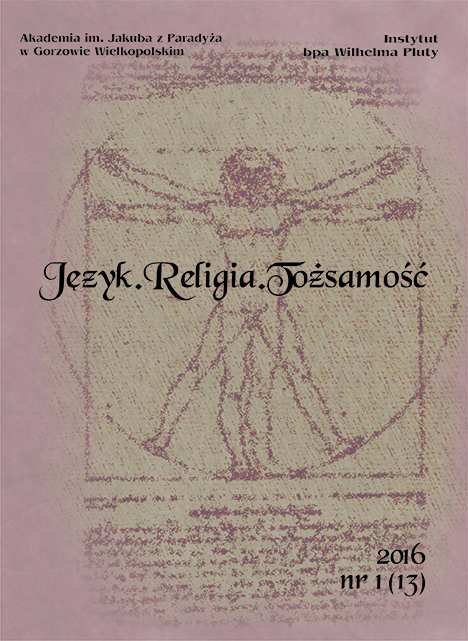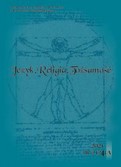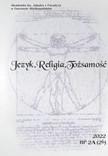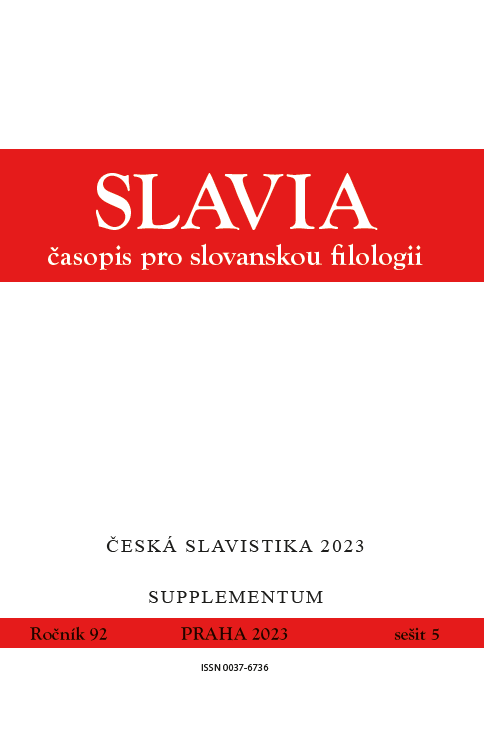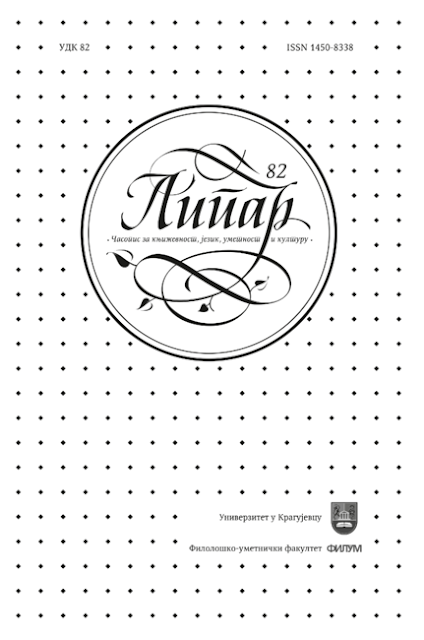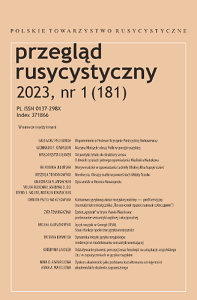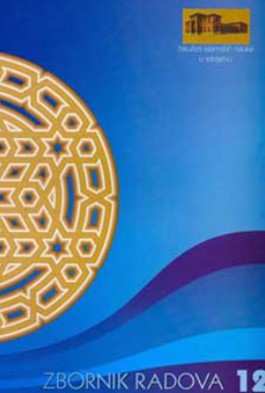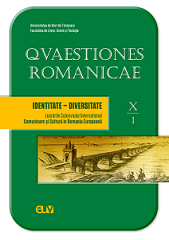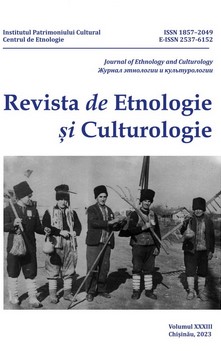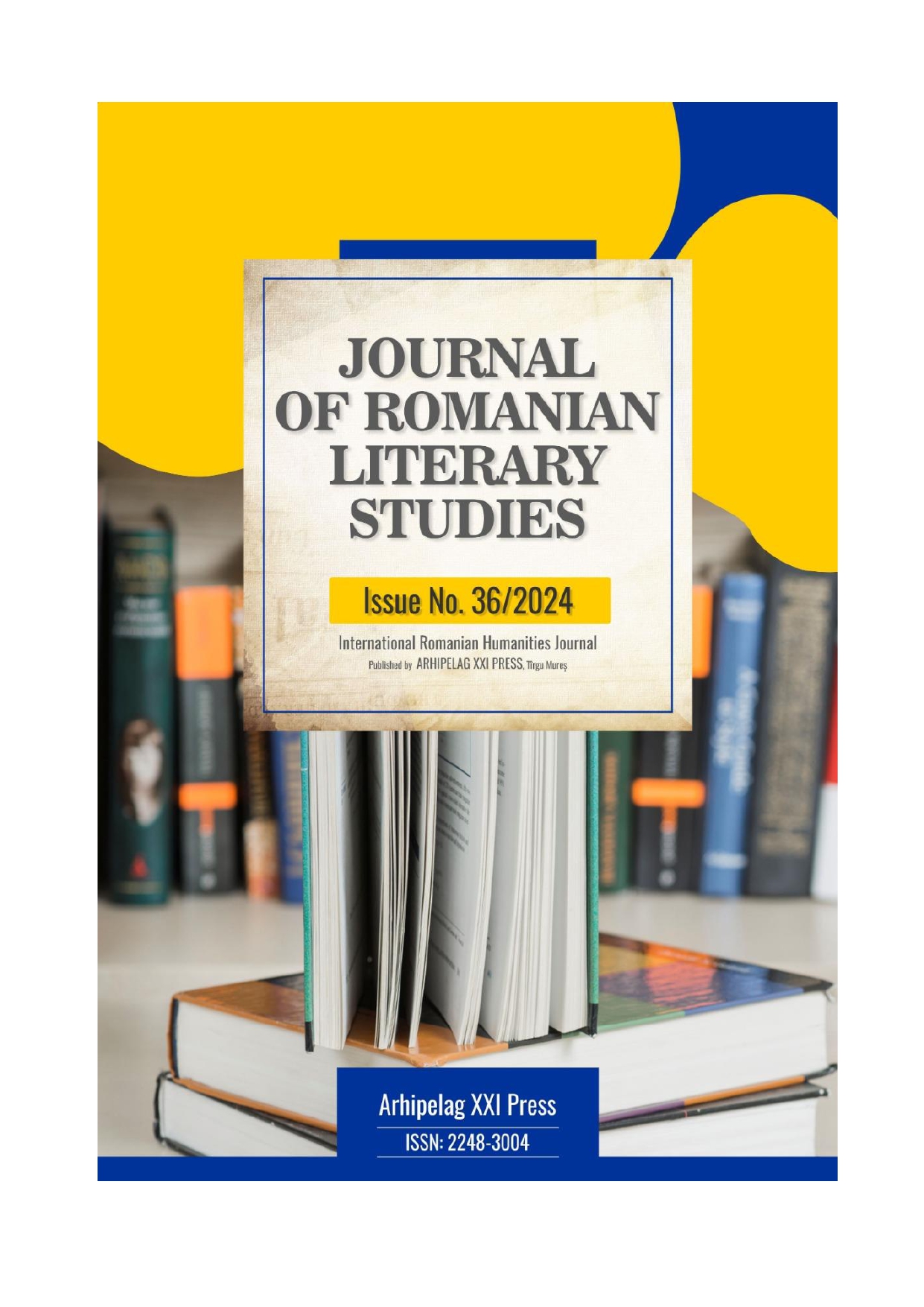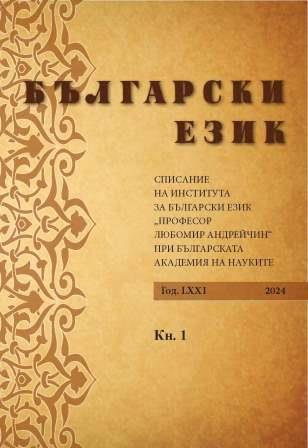Author(s): Carmen Fenechiu / Language(s): Romanian
Issue: 1/2023
The paper examines the lexical and grammatical means through which the authorial identity is expressed in the last work of Tacitus, by investigating mainly the most easily recognizable textual markers: first-person pronouns, pronominal adjectives, and, especially, first-person verbs, which are employed with this role in the Annals more often than pronouns. The analysis takes into account the contexts in which these authorial interventions appear, as well as the functions they perform, thus being able to identify the following situations in which they are used by the historian: to specify his own position regarding the act of writing, the role of the annals, his way of writing history (Tacitus’ best-known statement of this kind is found in the prologue, where he sets himself apart from the other historians of the Julio-Claudian period and concludes: 1.1.3 inde consilium mihi pauca de Augusto et extrema tradere, mox Tiberii principatum et cetera, sine ira et studio, quorum causas procul habeo); to add remarks about past realities and human life; to remind that an information has already been delivered earlier in the work; to give readers a glimpse into the future, with reference either to facts presented later in the Annals, or to historical events posterior to those narrated in the book. Between the past, present, and future, Tacitus constantly reaffirms his authorial identity, the author claiming his place among the great Roman historians.
More...
